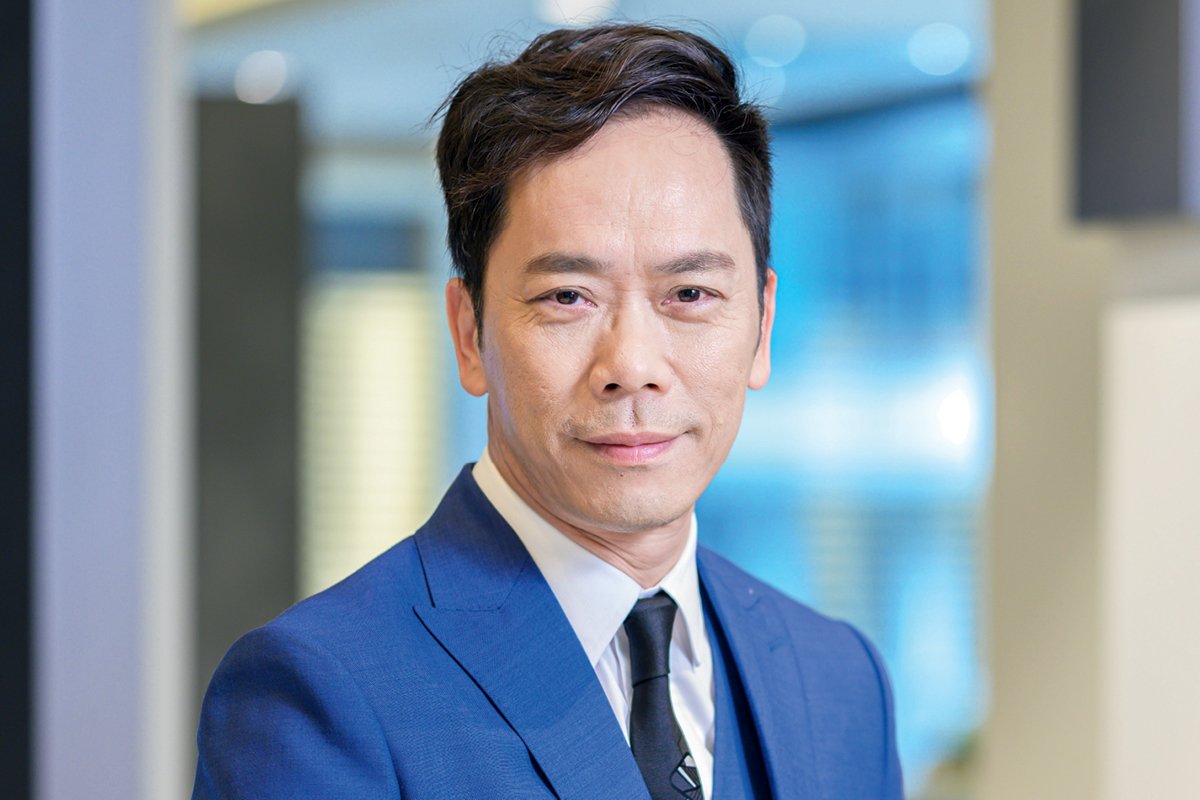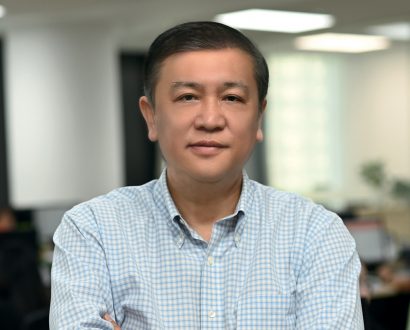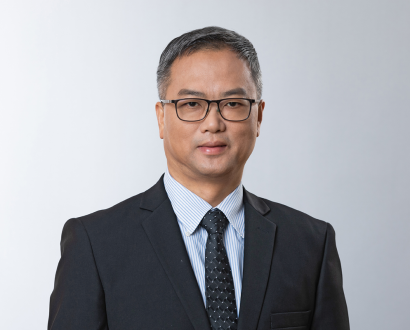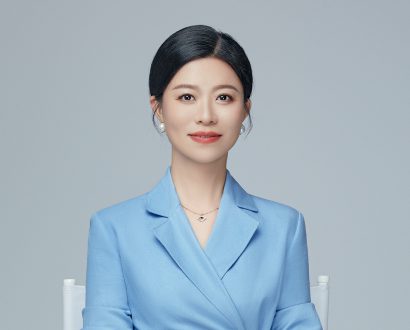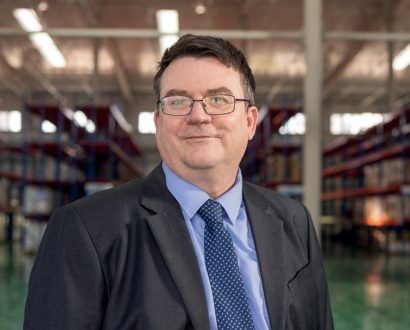After much consideration and consultation with friends and family, most of whom advised Kenny against the job, he accepted. That was around 20 years ago. “It was a callous time in the economic situation after the Asian financial crisis,” Kenny explains.
“Nobody believed the brand would be a success in a market like Hong Kong or Macau. But I wanted to give myself a chance to prove that I could sell a washing machine that was HK$10,000 (US$1,300). I could sell anything that exists on this planet. I had a strong desire to change from mass market to something different. I had nothing to lose.”
Naturally, there were thousands of unknown questions running through his mind. He didn’t know whether the products were premium and attractive and whether the brand would be viable in the Hong Kong market.
“Or whether there were even any business prospects,” he adds. Kenny is frank about his first few years at the business. Despite his hunger for opportunity, success and change, he “knew nothing”.
“At that time, to understand something is not like it is nowadays with Google. I asked lots of industry friends about the brand and no-one was familiar with it.” But what made Kenny stay all these years was not just the ambition to succeed in the industry, it was the culture.
“The company showed care towards its people. All the leaders from CEO to CFO, everybody was and is very down to earth. That was the positive surprise that I got at the beginning,” he reflects.
Kenny started by selling freestanding appliances such as washing machines, tumble dryers and vacuum cleaners before being promoted to lead different retail channels, including cooking appliances.
After about seven years, Kenny began handling all the business channels, including residential projects, because that was a market with opportunity. Now, as the Managing Director of Miele Hong Kong, Kenny is proud of his achievements.
He is proud of leading a brand that two decades ago was unknown in the Hong Kong market. “Miele is focused on long-term success and being patient about it,” Kenny explains.
“The business has a caring culture because it is a family company. If you have a good feeling, then you stay. Of course, I didn’t plan to stay that long. But Miele always offers something new to keep people motivated and excited about new challenges and goals.”
The business – established just over 100 years ago – has sustained because of its principles. “It’s not only for employees but also for business partnerships and that creates the core for sustainability,” says Kenny.
That long-term vision is what sets the company apart. Being in the home appliance industry, it is also crucial for the business to keep up with changing living arrangements. “Space is getting more and more precious,” Kenny points out.
“No matter if this is in Australia or Europe or Hong Kong, the living space is becoming smaller and smaller. We need to cater to that because the products are not like the iPhone or a digital product, which are handy to have; often you need to have a certain size. From that perspective, we cater by developing lots of combination appliances, so customers have more functions in the same space.”
Miele is focused on the long-term success and being patient about it.
The other challenge Miele faces is digitalisation and people having less time. Kenny explains that in the old days, people would spend hours at the washing machine. But now nobody wants to spend more time or money with different cleaning and cooking appliances.
Another way the brand has developed to ensure connectivity with the new generation is by offering remote service to customers. Previously, customers would need to call for a technician to come to their home.
However, now due to connectivity, the brand can assess the customer’s appliances at home through wi-fi using the app. “The German motto of the company is ‘immer besser’, which means ‘forever better’ in English,” Kenny says.
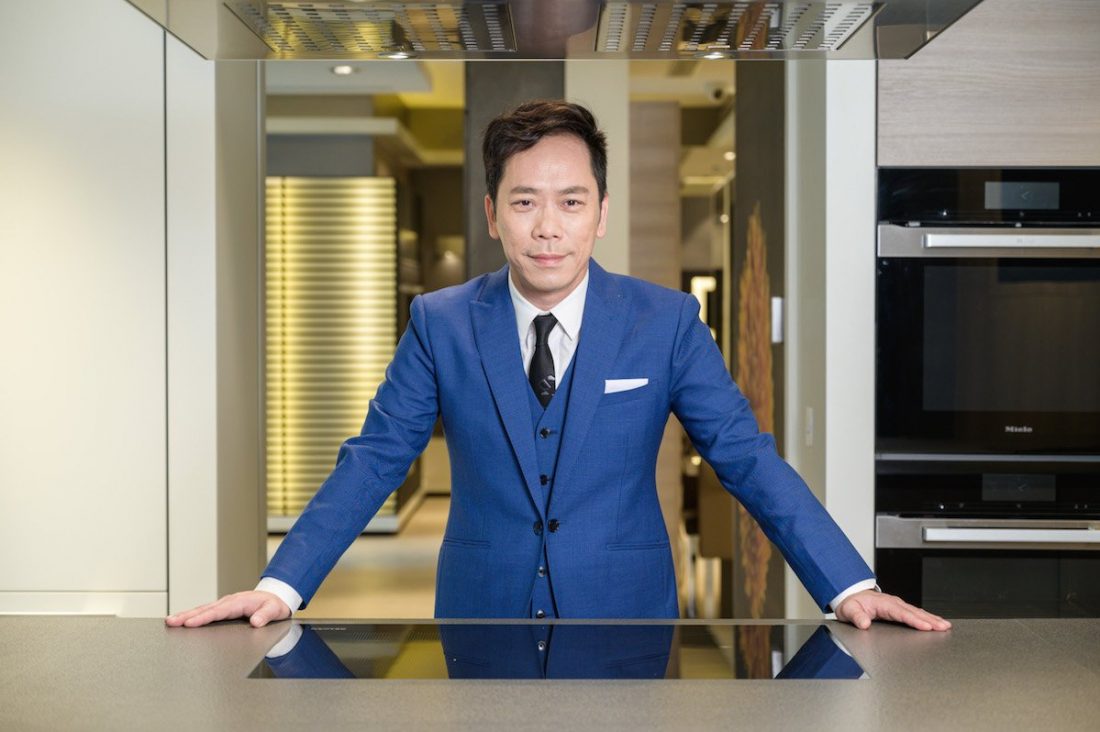
“Every employee in the company, whether in the factory, R&D or the sales subsidiary, has it in their DNA. That’s how we cater to the challenge of constant innovation.” Such forward thinking and innovation is also what motivates Kenny to come to work each day.
The company’s effort to align itself with customers and their lives has proven to be positive. “We receive lots of good customer feedback and customers also inform us that the products enhance their lives,” Kenny says.
“They have peace of mind and convenience. The food tastes better and it is easier to cook. Also, the design is timeless.” Miele’s long-term product lifespan is what energises Kenny for the future. “We keep long relationships with our business partners and customers,” he says.
“That is the most appreciating part because you are selling high-price items to your customers. However, they don’t mind; they thank you or tell you that they appreciate such a good product.”
The brand is also contributing to sustainability and is a member of the UN sustainability organisation Global Compact and signatory of the Diversity Charter. Kenny says that Miele’s “material consumption is low, and also the product lasts longer”.
He highlights that, right at the inception of the business, Carl Miele, the German businessman and founder of Miele, set up a criterion that every product should last for 20 years. At the very early stage of Kenny’s career at Miele, he met with the founder.
The two businessmen were sharing life experiences when Carl said to Kenny: “You have to be patient. Do things right and customers will come to you one day. They may not come immediately, but they will come one day.”
Reflecting on this moment, Kenny says, “I always share this advice with my colleagues because it’s unique and different. It also proved to be true.”
Proudly supported by:
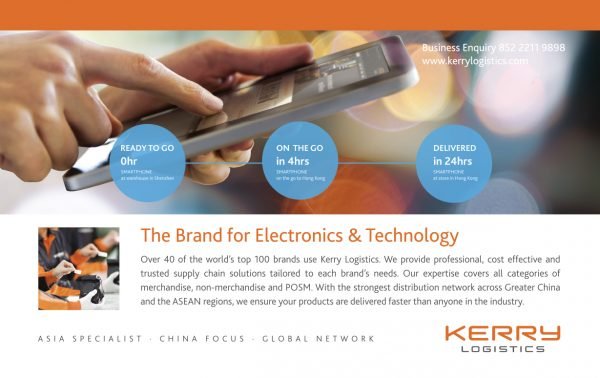
摄影:KaChick

